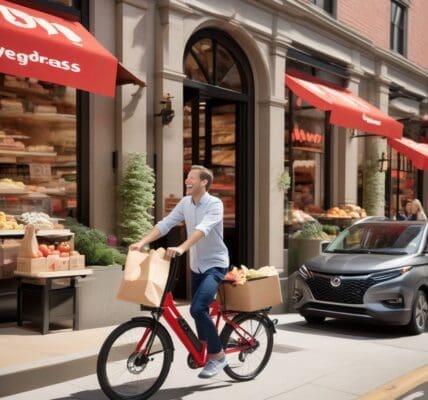Asda, one of the prominent British supermarket chains, is shifting its strategy by increasing the number of staffed checkouts while reducing the reliance on self-service options. This move comes as the company acknowledges it has reached a saturation point with self-checkout lanes, indicating a strategic pivot back toward enhancing customer interaction and service quality.
Michael Gleeson, Asda’s CFO, explained to the BBC that while self-checkouts have generally performed well for customers, the supermarket believes that committing additional hours to staffed checkouts is necessary. He clarified that this change is not about expanding the number of checkouts but rather increasing the number of colleagues available to assist customers during peak shopping times.
The decision stems from a broader trend in the retail sector, where the customer experience is being prioritised over mere technological convenience. For example, while self-service options can reduce wait times, they often lack the personal touch that many shoppers seek. By enhancing the human element in their operations, Asda acknowledges the importance of building relationships with customers, which can lead to increased loyalty and satisfaction.
This approach resonates with the current consumer sentiment that favours personalized service alongside technological advancements. Research shows that customers are increasingly valuing interactions with knowledgeable staff who can offer guidance and support. Asda’s initiative represents a proactive step towards addressing this demand.
In conclusion, Asda’s shift to increase staffed checkouts highlights a conscious effort to balance technology and human interaction. As retail continues to evolve, finding the right combination of both will be essential for enhancing customer satisfaction and driving business success.












